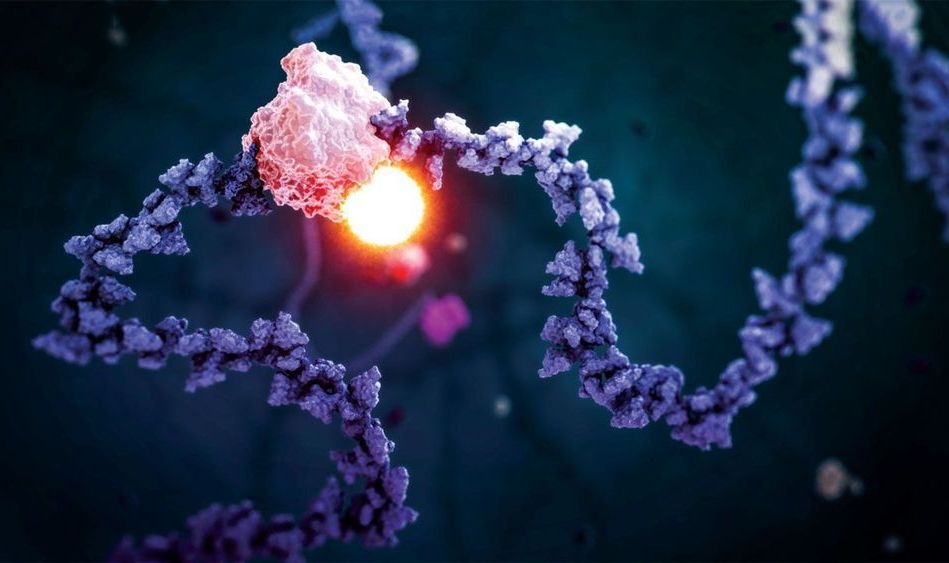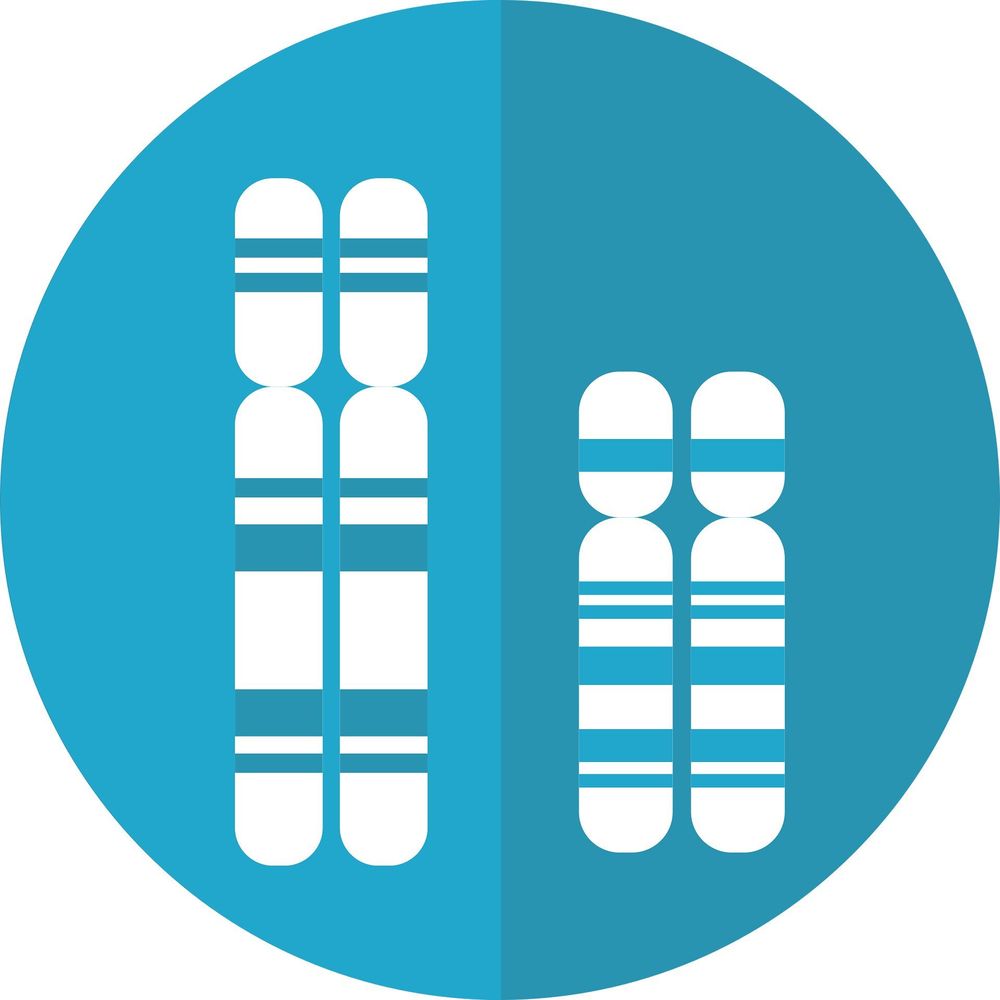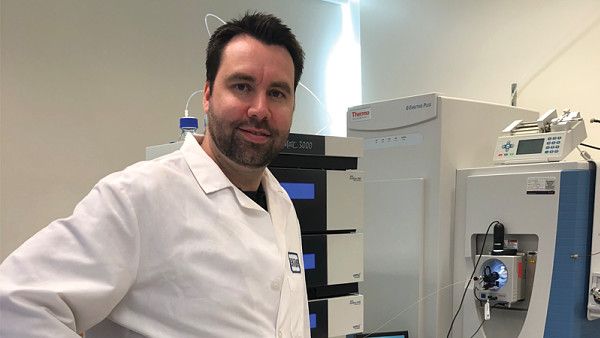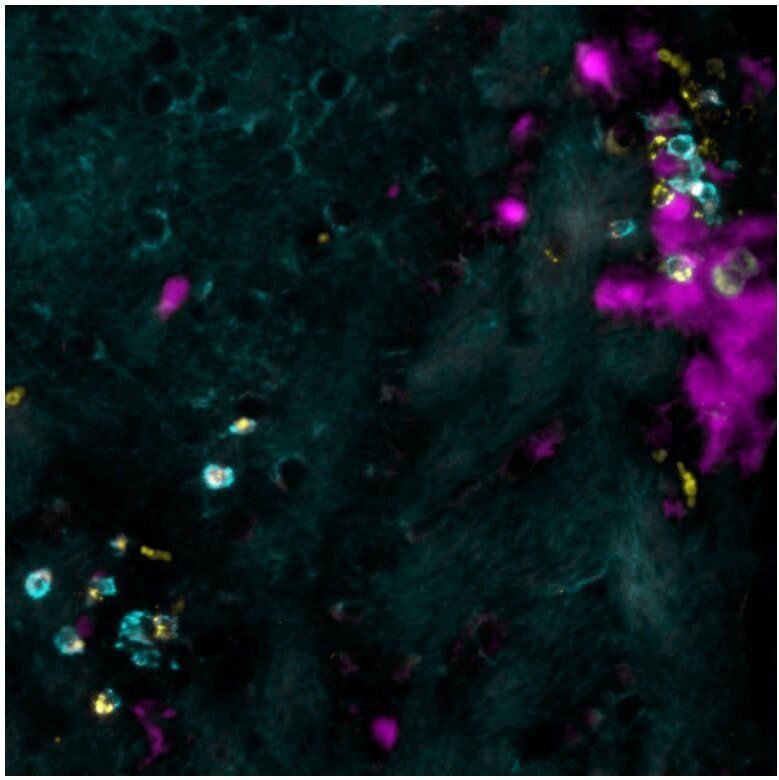Chemical tags on RNA usher in new realm of epigenetics.



The most probable mainstream non-invasive way to transfer human consciousness in the intermediate future, with initial stages in the 2030s, could be the convergence of optogenetics, nanotechnologies, neuroengineering, Cloud exocortex and an array of neurotechnologies allowing to connect our wetware directly to the Cloud.
Initially, each of us will have a personal exocortex in the Cloud, the third non-biological “de-cerebral” hemisphere, which will be in constant communication with the other two biological brain hemispheres.
At some point, this “third hemisphere,” will have a threshold information content and intimate knowledge of your biology, personality and other physical world attributes in order to seamlessly integrate with your persona as a holistic entity.

Circa 2011
Scientists have found a gene that can ‘lock’ and ‘unlock’ certain sections of your genetic code, allowing other genes to be expressed in your body. If you are under enough stress, this gene springs into action.
So you think you have access to all your DNA just by being born? Think again. You have to earn it, people. You have to work to get there. You have to suffer. Epigeneticists have proved this to be so, but they also might have a cheat code.


Certain plants, insects, crustaceans and fish possess the uncanny ability to change the sex of their offspring before they are born. Mammals have never before demonstrated this genetic skill, until now.
A new Tel Aviv University study reveals a genetic system in mammals that enables two animals to mate and produce only females. A similar system based on identical principles would produce only males.
Research for the breakthrough study was led by Prof. Udi Qimron, Dr. Ido Yosef and Dr. Motti Gerlic and conducted by Dr. Liat Edry-Botzer, Rea Globus, Inbar Shlomovitz and Prof. Ariel Munitz, all of the Department of Clinical Microbiology and Immunology at TAU’s Sackler School of Medicine. The research was published on July 1 in EMBO Reports.
Cancer cells genetically engineered to fight their own kind.


Could be used in a portable device to genetically reprogram ones body.
Environmental conditions, such as heat, acidity, and mechanical forces, can affect the behavior of cells. Some biologists have even shown that magnetic fields can influence them. Now, for the first time, an international team reports that low-strength magnetic fields may foster the reprogramming of cellular development, aiding in the transformation of adult cells into pluripotent stem cells (ACS Nano 2014, DOI: 10.1021/nn502923s). If confirmed, the phenomenon could lead to new tools for bioengineers to control cell fates and help researchers understand the potential health effects of changing magnetic fields on astronauts.
Biologists have been building up evidence that magnetic fields affect living things, says Michael Levin, director of Tufts University’s Center for Regenerative & Developmental Biology, who was not involved in the new study. For example, plants and amphibian embryos develop abnormally when shielded from Earth’s geomagnetic field. And there’s some clinical evidence that particular electromagnetic frequencies promote bone fracture healing and wound repair (Eur. Cytokine Network 2013, DOI: 10.1684/ecn.2013.0332).
“It’s been a huge unknown how a cell senses electromagnetic fields and then translates that into a change in identity or a change in gene expression,” says Christopher J. Lengner, a cell biologist at the University of Pennsylvania. He worked with a group of bioengineers led by Jongpil Kim of Dongguk University, in Seoul, South Korea, to see if these fields could influence a process they were all interested in: reprogramming a cell’s developmental state.

Although the exact causes of multiple sclerosis still remain unknown, it is assumed that the disease is triggered by a combination of genetic and environmental risk factors. But which? In a mouse model of the disease, researchers at the University of Geneva (UNIGE) and the Geneva University Hospitals (HUG), Switzerland, studied the potential link between transient cerebral viral infections in early childhood and the development of this cerebral autoimmune disease later in life. Indeed, the brain area affected by viral infection during childhood undergoes a change that can call, a long time later, on the immune system to turn against itself at this precise location, triggering autoimmune lesions. These results, which are published in the journal Science Translational Medicine, provide a first step in answering one of the possible environmental causes of this serious disease.
Multiple sclerosis affects one in 1,000 people in Switzerland, two-thirds of whom are women. It is the most common auto-immune disease affecting the brain. Up to date, there is still neither a cure available, nor a clear understanding of the factors that trigger this disease at around 30 years of age. “We asked ourselves whether brain viral infections that could be contracted in early childhood were among the possible causes,” says Doron Merkler, a professor in the Department of Pathology and Immunology in UNIGE’s Faculty of Medicine and senior consultant in the Clinical Pathology Service of the HUG. Such transient brain infections can be controlled quickly by the immune system, without the affected individual even noticing any symptoms. “But these transient infections may, under certain circumstances, leave a local footprint, an inflammatory signature, in the brain,” continues the researcher.